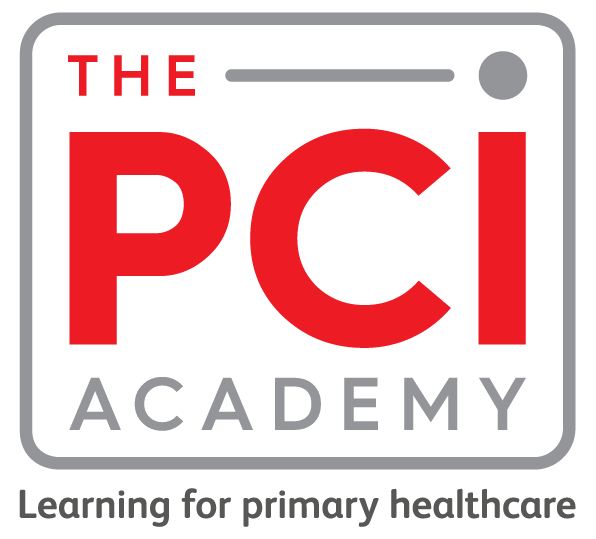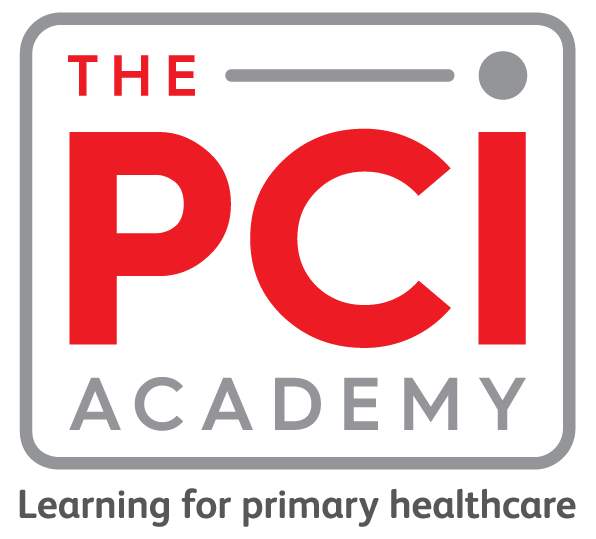In today’s fast-evolving healthcare landscape, digital skills are no longer a luxury — they’re a necessity.
For clinicians working in low-resource, fragile, or conflict-affected regions, the ability to navigate digital tools can dramatically expand access to care, improve efficiency, and support more equitable health outcomes. But while digital transformation is accelerating globally, many frontline health workers continue to face significant barriers to digital access, understanding, and confidence.
That’s why PCI developed the Digital Literacy & Virtual Consultations course — a practical, self-paced training module designed specifically for healthcare professionals in challenging settings.
Why digital literacy is essential for frontline clinicians
Whether it’s entering data into an electronic register, conducting a remote consultation, or joining a virtual supervision session, basic digital skills are now fundamental to delivering effective care. But in many settings, training in these areas has not kept pace with expectations.
Clinicians may be expected to deliver care via phone or video, use digital dashboards, or document patient interactions online — often with little or no support.
The result? Missed opportunities, increased stress, and in some cases, diminished quality of care.
PCI’s Digital Literacy course aims to change that.
What the course covers
This 4-hour, interactive course introduces health workers to the core principles of digital communication and remote care delivery. It is built to support clinicians working in humanitarian, low-income or fragile settings — where connectivity may be poor, equipment limited, and support scarce.
Learners are introduced to:
-
The benefits and challenges of virtual consultations
-
The different types of remote communication: video, phone and messaging
-
Key considerations for conducting safe, effective consultations online
-
Digital etiquette and communication tips to improve patient interactions
-
The importance of maintaining confidentiality and data protection
-
Navigating common issues faced in low-resource digital environments
The course is designed for those new to digital tools, as well as those looking to gain confidence in using technology for patient care. It includes real-life examples, practical scenarios, and step-by-step guidance.
Making digital healthcare accessible for all
This course is part of the broader PCI Academy training offer — supporting Ministries of Health, UN agencies, and NGOs to build the capacity of their primary care workforce.
At PCI, we believe that digital health transformation must be inclusive. That means equipping all health workers — not just those in urban or high-income areas — with the skills to engage with digital tools confidently and safely.
In a world where remote care is increasingly part of the norm, digital literacy isn’t optional — it’s foundational.
Explore the course:
📚 Digital Literacy & Virtual Consultations
Want to offer this course to your team or partners?
📩 Contact us: mail@pci-360.com

